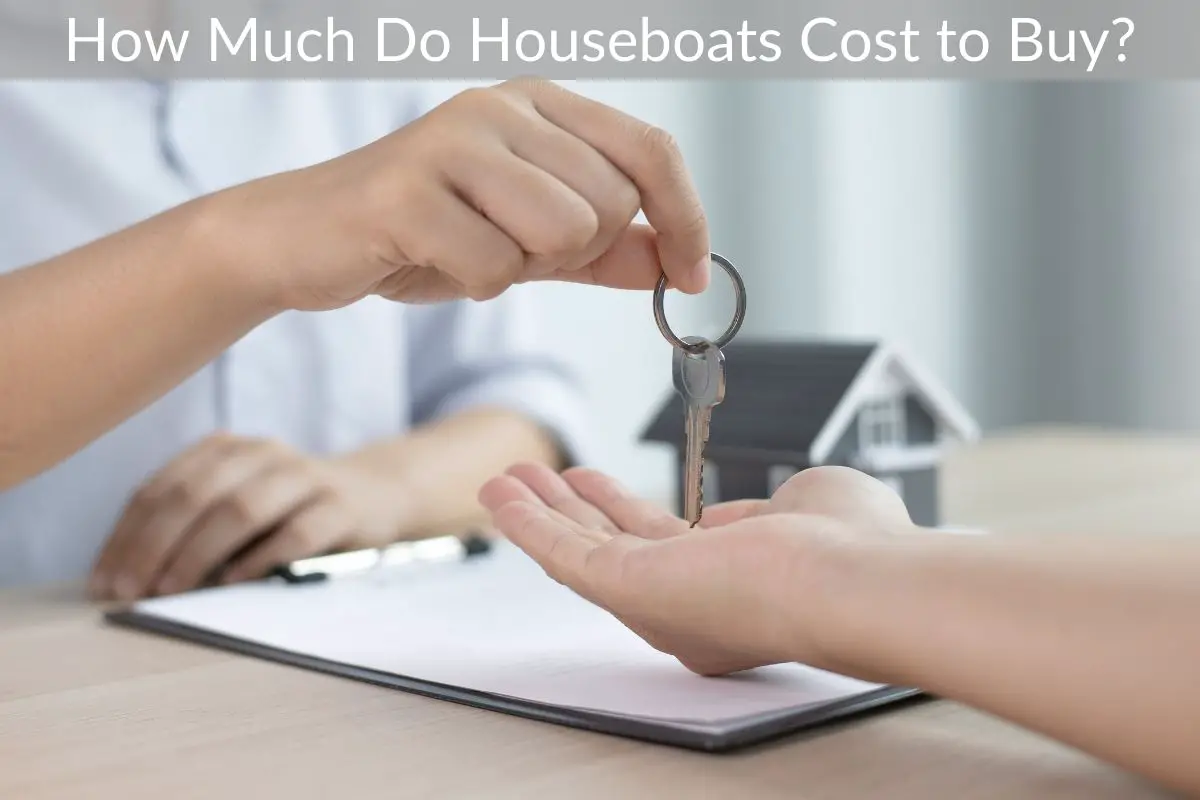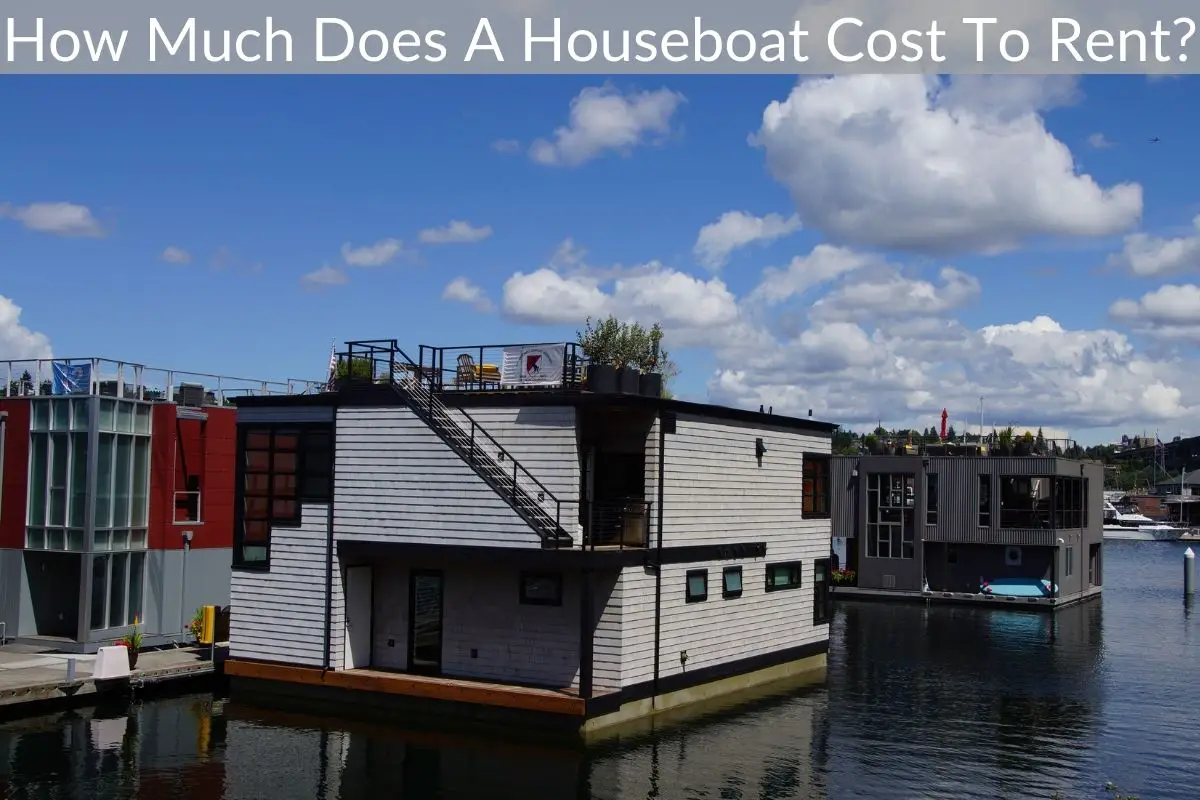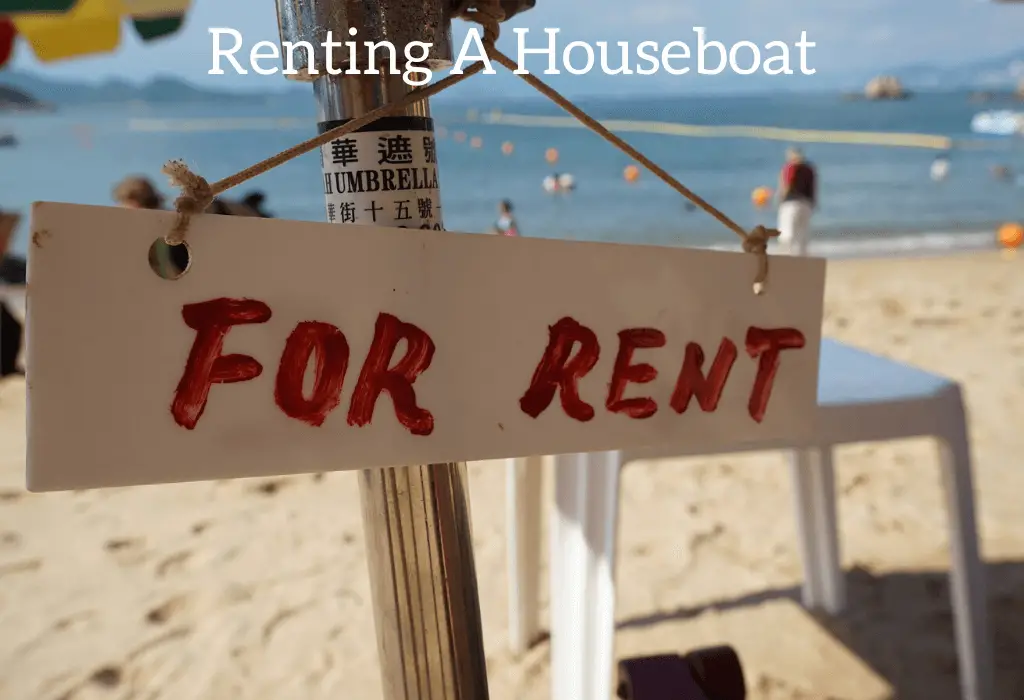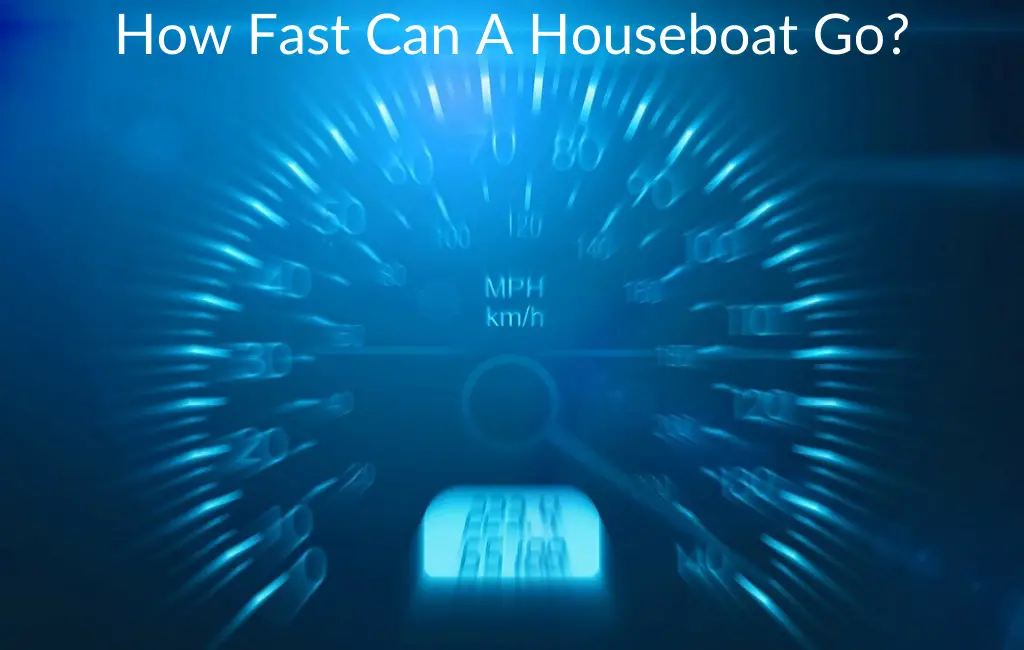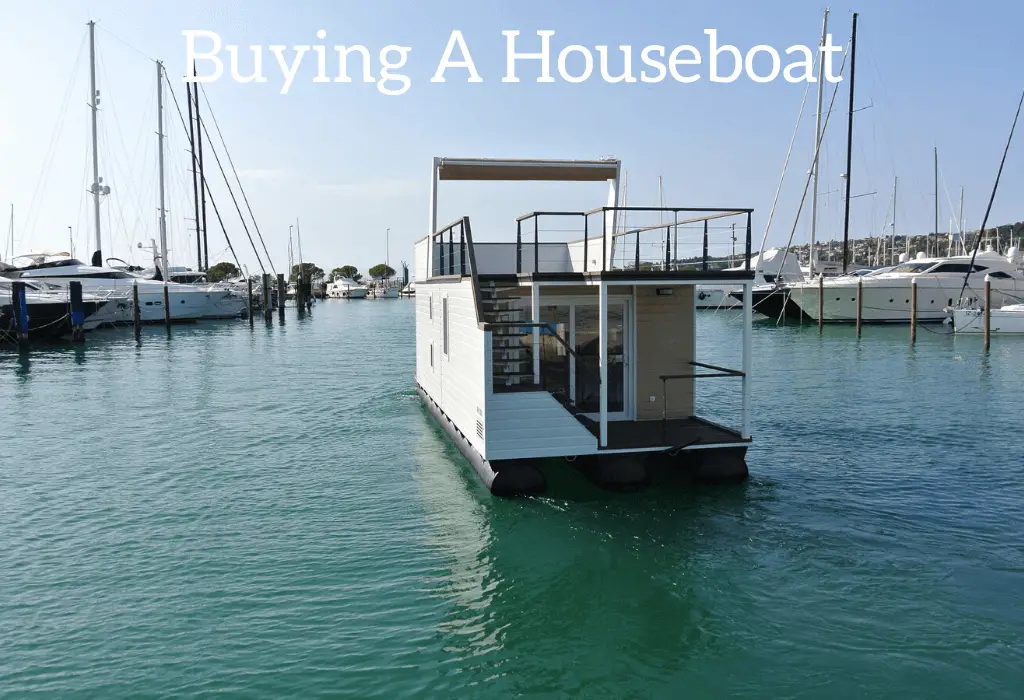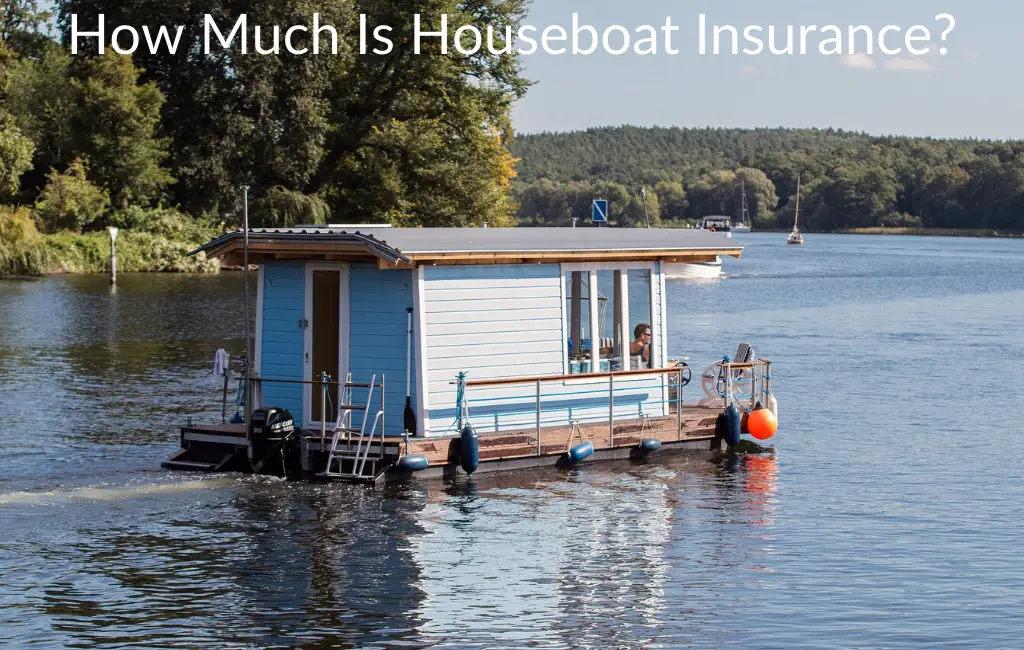Many people dream of living on a houseboat, no matter if it is only for the summer months or throughout the entire year. A houseboat can be exactly what you want. These floating houses come in all sizes and shapes and varieties and can accordingly accommodate a wide variety of people as well. However, one should never go to buy a houseboat without researching it. It can certainly be financially draining for you if you don’t go into the purchase or rental with your eyes wide open.
*This post may contain affiliate links. As an Amazon Associate we earn from qualifying purchases.
There are certain tips that you should look for if you don’t want to completely destroy your budget. Many people have realised that they have invested in the wrong place, after purchasing a houseboat and have regretted it. Many others have complained that they have paid more than they are worth. Some have even realized too late how rapidly the repair costs would add up and blow their budgets entirely.
So, are houseboats expensive? In general no one should purchase a houseboat until they have a lot of free spending money. The purchase price of the boat is just the beginning as there are many monthly expenses including dock fees, fuel, repairs, licenses and more. Renting a houseboat is also quite expensive but it is much cheaper than buying a houseboat especially if you will only use it a couple of times a year.
Before you buy a houseboat or rent one long term you should consider all of the possible expenses that you might encounter and make sure that you can afford them before you ever go look at purchasing a houseboat.
Houseboat Expenses to consider
For most people who love to enjoy the thrills of life, Living on a houseboat and enjoying life on the water isn’t only pleasurable but also exciting. People love to wake up to the sounds of birds chirping, fish jumping into the water and finding yourself surrounded by the beauty and serenity of nature. The very sight of nature in the morning rejuvenates many people’s thoughts and waking up peacefully can just start your day off right!
However, every joy that a houseboat provides comes with a price. Every houseboat owner has to pay a price starting at the ownership costs to other recurring expenses that they have to bear. Now, whether you can afford these costs is what you have to find out before ever considering buying a houseboat. Some answers that you need to know are how much does living on a houseboat cost? What expenses could you have with a houseboat? How fast do they depreciate?
Repairs Are Expensive
There are certain tasks to be done for maintaining your houseboat like oil changes or changing the belts that can be done by yourself. But there are some tasks for which you will have to contact a service department or call a marine mechanic, which results in extra expenses. The rates of those people range from $65 to $ 90 per hour.
Your boat will also need regular upkeep including painting, sealing, etc. on the exterior on top of all the engine upkeep and repair. All of these repairs and maintenance tasks will cost you a decent amount of money and that can seriously add up over time.
Transport costs are expensive
If you have bought a houseboat from another state, it has to be transported to your location which means you will have to pay for transportation costs. Such costs can be quite expensive and depending on how far you are moving it can be into the tens of thousands of dollars.
You will also have transportation costs when moving your houseboat from lake to lake or if you pull it out of the water during the wintertime that will cost you something as well. Again, you will want to figure out how much that it will cost you and make sure you can afford these additional costs.
Additional expenses
Buying a houseboat isn’t all of the expenses that you will have. You will also have to incur some additional costs when you are living on board. You must be aware how much these payments are and when to expect them. Some of these expenses are: boat payments, dock or slip fees, an HOA fee, gas costs like buying propane tanks to cook food, fuel expenses if you wish to go anywhere on your houseboat, sewer dumping fees if you call an individual for the job and houseboat maintenance fees. Living in waters, you must make sure that everything is working promptly.
Sales Tax
Don’t forget to figure out your sales tax cost as well. This can become a major addition to your purchasing price so be sure and figure it into the total. However, some areas are exempted from paying sales taxes. So check and verify if your location is included or excluded.
Operating Costs
Within your budget, you should also include day to day expenses in food or other amenities. Expenses might come from replacing damaged parts or purchasing items like ropes, types of equipment, cables, fenders, engine rebuilds, etc. If you choose to buy a used houseboat, you will have to incur costs on renovating certain parts. Your expenses depend on whether you are restructuring damaged parts, conducting major repairs, upgrading your types of equipment, or acquiring new ones.
Houseboat depreciation costs
Any kind of floating boat tends to depreciate rather quickly. Within the first year, they might depreciate by 20%. But the rate of depreciation afterward might slow down to 5 to 10% per year. The fact here is boats are not considered to be appreciating assets like a normal house would be. This is where houses have an edge over houseboats.
If you buy a cheap used houseboat and fix it up you can stave off some of the fastest depreciation but eventually all boats will depreciate so that is an important thing to consider.
Purchase price
If you are thinking of settling down in a houseboat amidst waters, you need to know at what price does this come. The price depends on several factors like the age, size, standard of the houseboat and is different in different countries. For example, an Australian has a different perception of a houseboat than someone living in Hong Kong. Again, lake houseboats are quite different from marine houseboats or seafaring houseboats. Size is one of the factors that affect the price of your houseboat.
How Expensive Are Houseboats?
The most obvious question to ask is how much are houseboats? This article will cover the price of a houseboat, its Maintenance costs, Mooring fees, and resale value. Whether you plan to live on your boat full time or rent it out, it’s important to consider the price you’re willing to pay to enjoy it. This article will also discuss some common reasons for low houseboat prices.
Price of a houseboat
The price of a houseboat varies greatly, and can be determined by a number of factors. The condition of a houseboat is often the most important factor, as used models can vary widely in price. Buying a new houseboat can be a wise investment, as it is much safer than a used one. The size of a houseboat varies, too. The smallest houseboats are canal-style narrowboats, which are no bigger than six feet 10 inches wide. The largest traditional houseboats have a 12 foot beam, while the largest are typically 40 feet long.
The cost of a houseboat depends on many factors, including location and fit-out. Houseboats can range from a few hundred thousand dollars to several million, depending on the location and year of construction. Regardless of the location, houseboat prices are typically 30% less than a comparable land house. When compared to a comparable land house, the price of a houseboat is an excellent investment. However, you will need to be very clear about your lifestyle and budget in order to decide which type of houseboat would be best for you.
While houseboats are cheaper upfront than traditional homes, you’ll be paying for maintenance and repairs for years to come. You’ll also pay fewer property taxes and other expenses, and you’ll enjoy the stability and spacious layout of a houseboat. In addition, houseboats are much less likely to undergo deterioration caused by nature. But the up-front costs may be worth it if you want to enjoy the benefits of living on the water.
Houseboats are an excellent option for permanent residence. If you don’t want to spend your life on a float, you can also make your houseboat your permanent home. Depending on the size, there are several charming towns where you can live on a houseboat. Some of these towns include Piermont, New York, Sausalito, and Shasta Lake in California. Other notable areas include Portland, Oregon, and Brunswick, Georgia.
Maintenance costs
Depending on the size and model of your houseboat, maintenance costs can be surprisingly low. A small boat can cost less than $100 per month, and a larger boat can cost more than twice that. But you still need to factor in the cost of living while living on a houseboat. The average monthly cost of maintaining a houseboat is around $1,000. This figure can vary from one person to the next, so it’s best to ask around to get a better idea of how much it will cost you to maintain your boat.
While the initial cost of maintaining a houseboat is lower than that of a standard property, the cost of fuel can add up quickly. You can expect to use more fuel if you have a large boat, but this will go up exponentially with size. Houseboats generally don’t increase in value in the first few years. You will also need to pay for black-water pump-outs. However, the initial cost can be tax-deductible. Houseboats may also be a good investment for those looking to enjoy waterfront living.
Maintaining a houseboat will include cleaning and pumping the sewage tank. You should find a company to pump the toilet for you in your area. A family of six may need to pump the toilet several times a year. Remember to do this away from the houseboat so the scent does not spread throughout the houseboat. You also need to avoid flushing feminine hygiene products down the toilet on a houseboat. The smell will be unbearable for the next two weeks, so if you plan on using it as a vacation rental, it’s best to make sure you don’t flush it down the toilet.
If you own a houseboat with a fiber glass surface, then you’ll need to wax the boat on a regular basis. This is important to prevent sand, algae, and salt water from collecting. Cleaning your houseboat will prevent these pollutants and maintain the beauty of your houseboat for years to come. If you’re not confident enough to maintain a houseboat, consider hiring a professional to do it.
Mooring fees
When you buy a houseboat, you’ll need to choose a mooring location. This decision depends on your preferences for the location, scenery, and amenities you need. Living on a houseboat can be a fun and exciting addition to your life, whether it is a temporary or permanent arrangement. However, you must consider the cost of mooring fees before purchasing or leasing a houseboat.
Mooring fees for houseboats can vary from location to location, but they’re generally more expensive than boating in dry docks. While you might want to moor your houseboat somewhere close to your home, you’ll need to pay a daily or weekly fee to a marina. Mooring fees for houseboats will depend on the type of houseboat and the length of stay. To avoid incurring unexpected expenses, check the mooring fees before you buy a houseboat.
The cost of mooring a houseboat varies significantly, depending on the length of the vessel, location, and time of year. The priceliest period is the high season, usually between July and the beginning of September. You can negotiate a discount by renting a dock for the entire season. Mooring fees for houseboats can range from $11 to $17 per foot. You may also need to factor in maintenance costs, which can be costly, but are often worth the investment if you’re willing to spend the time.
Besides the price of a houseboat, docking fees are an important part of owning a houseboat. They can cost anywhere from $150 to $1000 per month. While some people may choose to splurge on a houseboat, many do not live on their houseboats full time. For this reason, mooring fees vary widely, depending on the location and season. Generally speaking, the more popular the marina, the higher the costs.
The cost of mooring a houseboat can vary drastically, depending on the location, size, amenities, and marina location. Some marinas offer better amenities and services than others, and can charge a lower rate than larger marinas. Similarly, some marinas offer higher rates than others, which is why it is important to choose a marina wisely. This is an important decision for any houseboat owner, because it will ultimately determine whether your boat is worth living aboard.
Resale value
When it comes to resale value, houseboats aren’t as attractive as traditional homes. Unlike land-based homes, houseboats depreciate more slowly. In fact, they depreciate an average of 20 percent during their first year of ownership, compared to about five to 10 percent per annum for a traditional home. However, if you’re prepared to accept the risks of floating and water-based ownership, houseboats can make a great investment.
While the resale value of houseboats doesn’t usually increase, there are some things you can do to maintain the value of your boat. First and foremost, you should take care of your houseboat. A houseboat depreciates by as much as 30% in its first five years, which is approximately one hundred dollars per square foot. Therefore, if you want to get the most out of your investment, you’ll need to take care of your boat.
Another factor that affects the resale value of houseboats is the type of houseboat you buy. While a brand-new houseboat has all the features you’d expect, it loses its value immediately after a year or two. This is because you’ll be using the houseboat less than half the time. As a result, you’ll want to sell it at a substantial discount compared to the price of the new boat.
Repairs and upgrades are also factors that impact the resale value of houseboats. Some upgrades don’t cost much. In fact, some are easy and inexpensive to do. Depending on your skills and the time you’re willing to spend on the upgrade, you can even perform smaller upgrades yourself. Alternatively, you can hire a professional to do the upgrades for you. In most cases, you’ll need to pay extra for installation fees.
Cost of living on a houseboat
The average cost of living on a houseboat is $11,460 a year or $955 a month, and it varies significantly from country to country and city to city. The cost of moorings, electric, water, and heating are all part of the cost of living on a houseboat. However, the cost of living on a houseboat will vary greatly depending on your location, so it is important to research prices in your area before you make the final decision.
Homeowners of houseboats do not have to pay property taxes, and maintenance costs on a houseboat may not be as high as those of traditional homes. However, houseboats may require members of a homeowners’ association and marina, which may require membership for docking, maintenance, and other issues. Because of this, houseboats may have less living space than traditional homes. Therefore, the cost of living on a houseboat is significantly lower than the cost of living on land.
Another difference between houseboat living and other types of floating homes is the cost of boat mooring. Although the average cost of houseboat living is lower than that of an apartment, you must still pay a mortgage. Other expenses that you must pay are docking fees, insurance, fuel, engine maintenance, and marina fees. In addition, houseboats must be registered with a marina, which can be costly. It’s worth looking into the cost of living on a houseboat to ensure you get the most out of your experience.
The price of living on a houseboat varies depending on the type of houseboat you choose. Some houseboats are motorized, while others are anchored and connected to the ground. You can also choose to buy a brand-new houseboat or a pre-owned one. Be sure to customize your houseboat according to your own style and preferences. You’ll be glad you did. If you enjoy the simplicity of a houseboat, you should consider making the switch.
The cost of living on a houseboat depends on the factors that are associated with boat ownership and the location you choose. In Florida, for example, the costs are generally higher than in northern states, so you might be better off looking for a marina in a place where the fees are lower. Whether you do the work yourself or hire a professional, make sure you plan for these extra expenses. If you have two people, an average monthly budget is $500 a month.
Maintenance costs
While houseboat living is generally cheaper than land-based living, maintenance costs are still an important part of houseboat ownership. The cost of berthing and mooring your houseboat is calculated based on its length. The longer your houseboat, the higher your monthly fees will be. The cost of fuel and engine maintenance is another expense you will need to account for. Additionally, you will need to adhere to the rules and regulations of the marina where you live. If you don’t know about the rules of a marina, you may want to join one.
The cost of hiring a marine mechanic is another major expense. A marine mechanic can charge between $60 and $90 an hour to service your boat, and this cost should be factored into your overall budget. The maintenance costs of houseboats vary greatly, but for a two-person family, this can easily total up to $500 per month. It’s recommended to find someone who is familiar with houseboats and can provide estimates of what it will cost.
Boats also require regular maintenance. Just like your car, houseboats need oil changes, battery checks, propellers, anodes, outdrives, anti-fouling paint, roof maintenance, and more. Some of these tasks should be left to the professionals, but remember that everything breaks down eventually. Set aside 10% of your budget every year to cover repairs. Keeping your houseboat in top condition is essential to keeping it safe and enjoying it for years to come.
Another important expense of houseboats is docking. Docking can cost anywhere from a few hundred dollars to more than a thousand dollars per month. Be sure to choose a dock with an electrical outlet so you can charge your houseboat without running the engine. Most marinas will provide sewage pumping service, which can run as often as bi-weekly or monthly. Depending on the size of your houseboat, the cost could be even higher.
Maintenance costs of houseboats include draining the sewage tank. Most waterfront areas have multiple sewage tank draining services. It is important to empty the tanks regularly, though you may only need to do it once or twice a year. If your houseboat is stationary, you will need to take it to the marina frequently. A docking fee of about $100 will usually cover all the costs of pumping the sewage. You should also plan on mooring fees and engine maintenance.
Renting a houseboat
A houseboat rental is the perfect way to spend a weekend on the water without having to shell out a fortune for a luxury hotel. The luxury accommodations of a houseboat are often quite luxurious, including a kitchen, living room, and sleeping quarters. You can easily accommodate a large group in one of these floating vacation homes, which come with all the amenities of a modern vacation home. Some houseboats are equipped with everything you need for a comfortable stay, including central air conditioning, full baths, and much more storage space than a cabin on a cruise ship. Some housesboat rentals even come with recreational gear such as fishing rods, snorkel fins, and more.
The cost of renting a houseboat varies greatly depending on the length and number of people it can accommodate. Some houseboats have bunkbeds and private rooms while others are equipped with a full floor for a penthouse suite. Some are even just big enough to accommodate two people, so make sure to consider the size of your group before making your reservation. The best way to save money on houseboat rentals is to choose a destination that is more affordable than you would think.
Houseboat rentals in the area of Lake Powell are expensive. A luxurious houseboat can cost $2k to $15k for a seven-day stay. Gas for a boat can cost several hundred dollars, and houseboat rentals often charge extra for pets. When choosing a houseboat rental, be sure to research the area’s major attractions and the cost of a houseboat vacation before booking. You’ll be glad you did.
Before booking a houseboat rental, make sure you have all the right documentation. Some boat rental companies require photo ID and a credit application. You’ll also need to bring a valid credit card and insurance. These are all important considerations before booking a houseboat rental. A houseboat rental is a fun, safe, and memorable experience. Houseboat rentals are a great way to explore the area, hike through the woods, and explore the old-fashioned towns.
Expenses of owning a houseboat
There are many costs associated with owning a houseboat. These can be visible or hidden, one-time or recurring. First-time buyers often fail to consider these expenses. To avoid the common pitfalls, it is a good idea to find a guide to houseboat ownership that will explain the hidden costs and provide an accurate cost estimate. Here are some of the most common expenses and their associated dollar amounts.
Docking a houseboat can cost anything from free to several thousand dollars per month. In public waters, anchoring your boat is usually free. However, dock owners will charge you rent, just like apartment landlords. The amount of rent depends on the size and age of your houseboat and the type of mooring you have. In addition, dock rental can vary in cost, so make sure you consider all the costs before purchasing.
In addition to dockage fees, houseboat living can be inexpensive when compared to some urban areas. However, there are costs associated with maintaining the boat, mooring, slip rental, and sewage disposal. While you can get a houseboat for a low price, you must consider all the expenses. A slip fee can range from a few hundred dollars to more than $1000 per month, depending on the region where you live.
One of the biggest advantages of living on a houseboat is the freedom to relocate. While you won’t need to do yardwork, you may still need to pay property taxes. You may also need to pay a monthly membership fee for homeowners’ associations, if you live in a marina. Other membership fees may include docking fees, boat maintenance, and other issues. In addition, the houseboat itself is generally smaller than a traditional home. Despite the advantages, houseboat living is not for everyone.
In addition to the cost of mooring, houseboat owners can enjoy a more relaxing lake lifestyle. A houseboat can also be completely off-grid, meaning that it is powered by solar panels and composting toilets. However, the advantages far outweigh the costs. A houseboat depreciates by 20% the first year, but only 5%-10% after that. This slow depreciation rate is attributed to the boating industry, which means that houseboats are often worth a great deal more than the cost of owning a conventional home.
Conclusion
While living on a houseboat, you should expect to incur expenses for mooring, maintenance, sewage disposal, slip rental, etc. Besides this, the country and the location where you wish to live also plays an important role in deciding costs. For example, maintenance costs are more in Singapore than in Thailand.
Other factors like air conditioning you use during the summer months will also add to your expenses. If you have fitted solar panels and composting toilets then your monthly expenses will be less but you will have to spend more money originally. All of these will be included in the amount that you have to spend on owning and maintaining your houseboat.
First-time buyers of houseboats often overlook all of the aspects that are involved in purchasing and operating a houseboat. I hope that the above information has been helpful for you in comprehending the large amount of hidden houseboat costs. Going through it you will come to know that owning a houseboat has far more costs associated with it than many people believe.
While calculating your houseboat budget, don’t forget to take into consideration all of these expenses. Once you have an idea about the costs and expenses, it is only then that you should proceed to buy a new or a used houseboat.
If you know of someone who already owns a boat ask them for a list of the expenses that they have for their boat. This should give you a pretty comprehensive list of what exactly to expect when you own one too.


